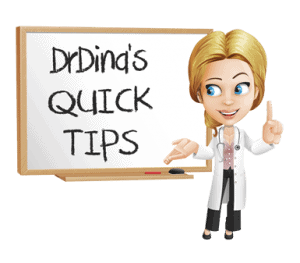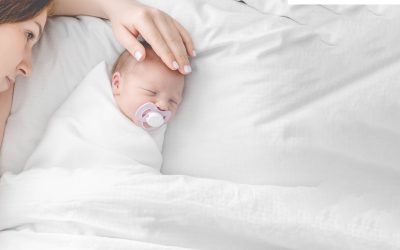Baby Development Chart: Is Your 0-12 Month Little One On Track?
As I head back to work following my maternity leave and sift through my materials that I’ll be bringing back to the office, I came across a handy baby development chart of gross motor milestones that I thought I would share with you. It’s important to remember though – EVERY CHILD IS DIFFERENT. That means that every child develops at their own pace, and this is why we have ranges for when these skills are achieved. Let this list of baby development by week guide you as you watch your child grow, and encourage them to try and do some of the items listed. If you have any concerns, don’t hesitate to speak with your doctor.
It’s important to remember though – EVERY CHILD IS DIFFERENT.
| AGE | MILESTONE |
|---|---|
| 0-3 months | Head control develops |
| Raises head slightly when on stomach | |
| Turns head to see or hear something when on back | |
| Brings hands to mouth | |
| Begins to reach for objects | |
| Kicks legs when lying on back | |
| 3-6 months | Brings hands together at midline |
| Lifts head and chest when lying on stomach, propping on forearmshand | |
| Actively moves arms to reach object | |
| Grasps object voluntarily | |
| Plays with own hands and feet | |
| Transfers toy hand to hand | |
| Rolling front to back and back to front | |
| Supported sitting/independent sitting emerging | |
| 6-9 months | Independent sitting |
| Reaches for objects when on stomach | |
| Transfers toy hand to hand | |
| Pulls self forwards on belly | |
| Goes into sitting position independently | |
| Creeps on hands and knees | |
| Transitions into different positions: sitting, all fours, lying on tummy | |
| Bears weight through legs when standing with support | |
| 9-12 months | Crawling/mode of locomotion develops further |
| Attempts to/begins to pull to stand | |
| Walks while holding onto furniture (cruising) | |
| Rolls a ball when copying an adult | |
| Stands briefly without support | |
| May walk with support | |
| May begin to take steps |
Each skill leads to another as your child begins to explore their sense of balance, strength, and coordination. Do what you can to allow your child the opportunity to develop naturally and at their own pace. Put them on the floor for tummy time, sit with them on the floor to play, roll around with them, let them climb up the stairs while you stay closely behind, etc. Let them explore a little! Enjoy your time watching your child discover the new things they see.
 Quick Tips:
Quick Tips:
-
Every child develops at their own pace
-
Allow time for free play, movement and exploration
-
Speak with your doc about any concerns
Concerned about social development in children? Check this out.
Jennifer is a registered physiotherapist working in the field of paediatrics. She has worked with children of all ages, helping them to achieve their motor milestones through various therapeutic approaches. Jenn also has extensive experience working with infants with torticollis and plagiocephaly. As a new mom herself, she loves sharing her experiences and learning from others.










